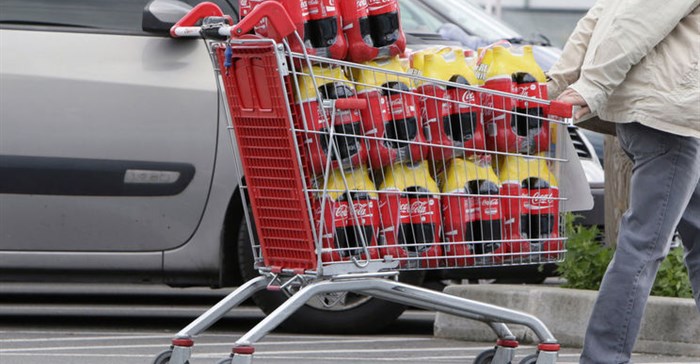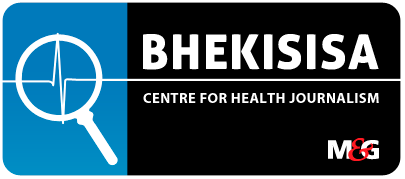Taxing sugar could bring the government about R4bn in revenue, says the treasury's deputy director general, Ismail Momoniat.
He was quoting a study commissioned by companies that produce sugar-sweetened beverages. The treasury itself has not calculated the potential revenue of such a tax.
Other research indicates this figure could be higher: up to R7bn from a 20% tax on the drinks, according to the University of the Witwatersrand’s Priority Cost Effective Lessons for Systems Strengthening South Africa (Priceless SA) programme. The 2015 research was published in the journal Public Health Nutrition.
“Our goal with that estimate was to give the ball-park figure of how much money it could generate. We will have to wait to see what the actual revenue will be,” says the programme’s health economist, Nicholas Stacey.
Momoniat says the proposed tax rate of about two cents per gram of sugar will amount to a 20c tax on a litre of Coca-Cola.
He states that the tax is part of the government’s commitment to curbing rising rates of non-communicable diseases and is not just a way to make extra money.
“If the objective was to make money ... then we would just raise other taxes such as value-added tax and income tax, which would yield larger revenue [than a sugar tax].”
The treasury is wary of earmarking sugar tax revenue for specific health programmes, including those aimed at preventing non-communicable diseases.
“Earmarking is not a solution,” says Momoniat. “We want more money not just for health but for prevention of these diseases.”
Priceless SA’s 2015 research estimates that the sale of sugar-sweetened beverages will increase by 2,4% a year between 2012 and 2017 without preventive measures to curb consumption. This increase will result in an additional 1,3m obese adults in South Africa by 2017.
A study published in The Lancet found that the country is already the fattest nation in sub-Saharan Africa.
Priceless SA’s director, Karen Hofman, warned that beverage companies such as South African Breweries are already targeting the poorest households to help boost sales.
The department of health’s director of health promotion, nutrition and oral health, Lynn Moeng, says the tax will help the country to achieve its target to decrease obesity by 10% by 2020.
Sugar taxes have already been introduced in some countries, including France, Mexico and Norway. The United Kingdom, Thailand and Australia have announced their intention to introduce a similar tax.
Momoniat says the government is expecting a reaction from the sugar industry, much like it saw with the introduction of tobacco laws. “The noise from the industry is expected [but] there seems to be more resistance to the sugar tax than we have seen before.”
Parliamentary hearings on the tax are set to begin in November. A final announcement will be made by the minister of finance in his 2017 budget speech.





































